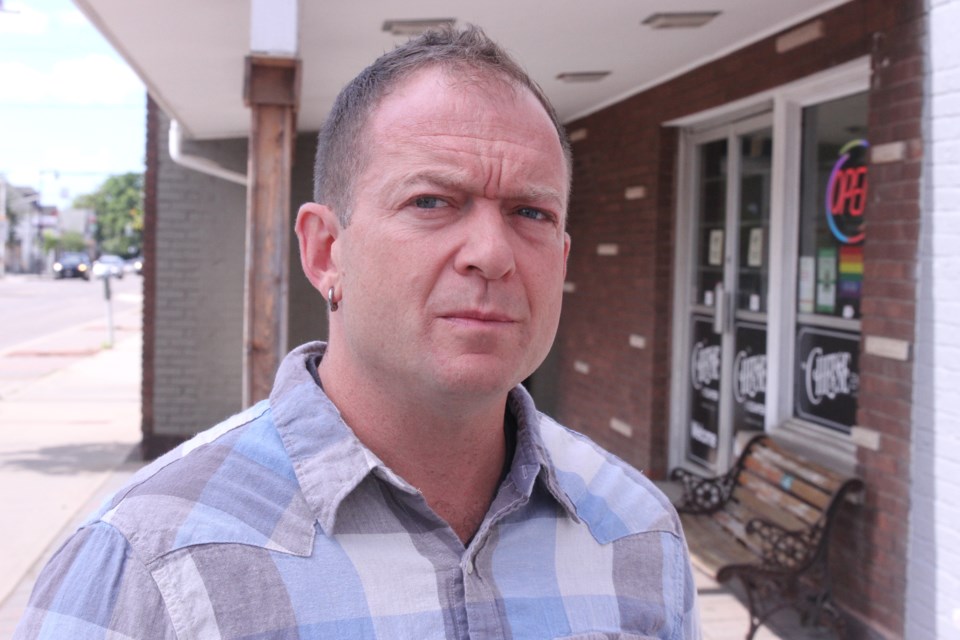THUNDER BAY - Local social service programs are scrambling to find funding beyond 2020, after a grant funding program provided by the Thunder Bay District Social Services Administration Board was not extended past the end of this year.
The Community Social Reinvestment Program provided $562,000 to three dozen causes in 2019, which goes towards regional initiatives like food banks, kids' nutrition programs, employment, and training supports.
The agencies that primarily received allocations from the CSRP in 2019 include the Regional Food Distribution Association, Shkoday Abinojiwak Obimiwedoon, and The Salvation Army, who all stand to lose over $50,000 each without the fund in 2020.
Evergreen, a youth programming organization on Heron Street, publicly said they wouldn’t be able to stay open past March of 2020.
Evergreen will appeal to city council for the extra funds through the city’s community, youth, and cultural fund, but Coun. Brian Hamilton says applications for this fund will become very competitive in 2020.
“The city is not in a position to just backfill these cuts. There’s going to be winners and there are going to be losers, sadly,” Hamilton said.
“Organizations who are looking to get money from that are going to be in a position where they need to build strategic metrics into their business plans so when they come to council, they’re going to be easily weighed, and we’re going see who has the widest impact on the community.”
Bill Bradica, CAO of DSSAB, said the board’s decision to stop the fund was made in light of concerns for municipalities who are paying an increase in police services, and other emergency service costs.
The program’s origins date back to 2008, when it was funded by provincial dollars.which led to the board debating whether to continue offering the funding.
The program was deemed to be no longer mandated by the former provincial government in 2016, and the board only promised to continue the program in 2019, primarily using dollars in its levy stabilization reserve fund.
“It’s a crushing blow,” Hamilton said.
“The organizations that benefit from (this fund) -- this is the soft underbelly of Thunder Bay. These are programs that feed school children, they provide programming for the most vulnerable populations.”
Hamilton says city council will review its process for selecting recipients of the community, youth, and cultural fund in an attempt to select the program with the most “measurable impacts” on the community.
“I think it’s an equitable process the way it’s set up right now, it’s just that we've never had this level of need in the community.”
Bradica, meanwhile, says there’s a good chance that food security organizations will be able to apply for the provincially-mandated Community Homelessness Prevention Initiative. However, recreational programs will not be eligible for this fund.
Hamilton says possible amalgamation, and an increased movement around volunteerism will soon be the reality facing a number of these programs.
“There has to be some community buy-in. People like to look to city council, and city taxpayers to fund these projects. The fact is a lot of these programs are starving for volunteers.”
With files from Matt Vis.
